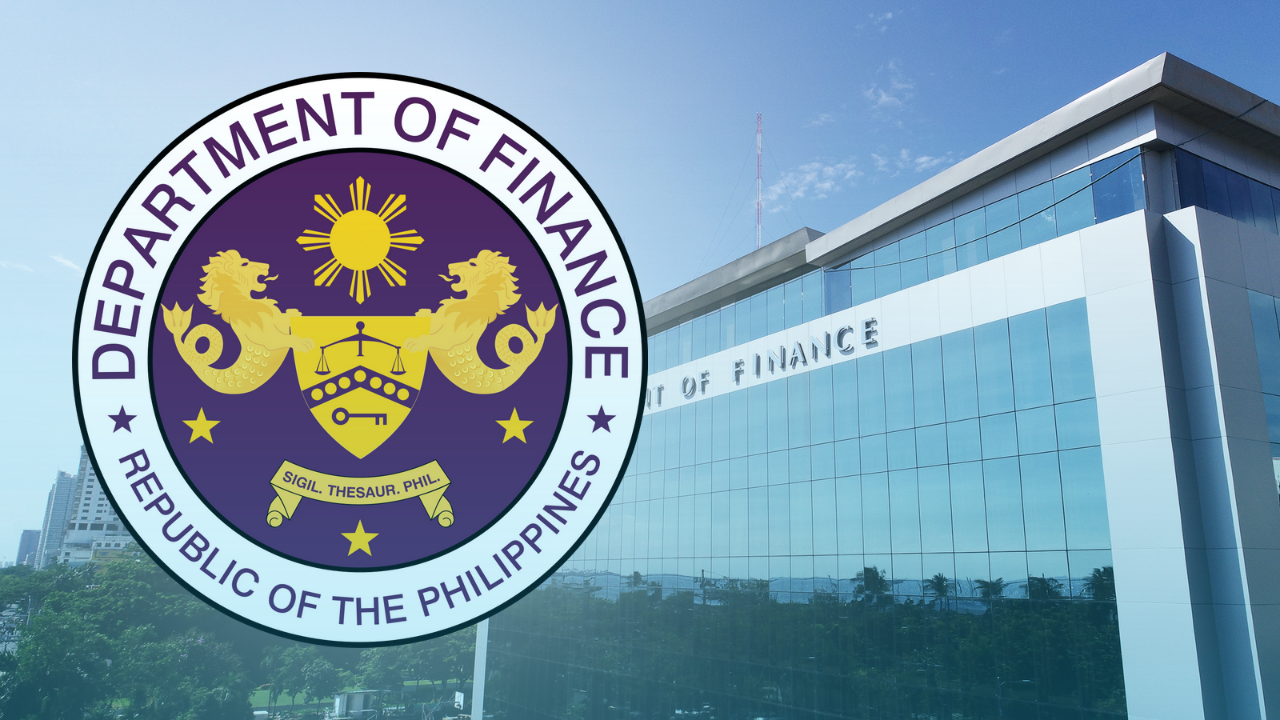Marcos admin urged to keep its medium-term fiscal consolidation

Department of Finance | INQUIRER.net file photo
The national government needs to sustain its medium-term fiscal consolidation plan to minimize the need for borrowing as the public debt continues to increase, albeit, at a decelerating rate, GlobalSource Partners said on Thursday.
“This is one big challenge to the Philippine government. If this is not accomplished, the encouraging trend in public debt may be unsustainable over the medium term,” the report said.
Fiscal consolidation describes the government policies which aim to reduce deficits and accumulation of debt. The government’s outstanding debt rose to a fresh high of P15.35 trillion as of end-May, increasing by 2.2 percent from P15.02 trillion as of end-April.
READ: Gov’t debt inches up to P15.35T in May
Compared to last year, public debt climbed by 8.4 percent from P14.15 trillion last year.
The report highlighted the growth of public debt at a slower rate of 8.9 percent in 2023 as the economy reopens after the coronavirus pandemic. This was slower compared to 26.7 percent in 2020 at the height of the pandemic.
Earlier this week, Finance Secretary Ralph Recto said that the government is eyeing to borrow $5 billion this year, of which $2 billion was raised from the issuance of global bonds last May.
Meanwhile, domestic borrowing for the third quarter increased by 7.7 percent to P630 billion from the P585 billion borrowings in the previous quarter as the country’s economic managers committed to invest more in infrastructure projects.
The government borrows from local and foreign sources to help subsidize its budget deficit, which is capped at P1.48 trillion or 5.6 percent of gross domestic product for this year.
READ: Marcos admin to borrow P585B from local creditors in Q2
The government’s target of 75:25 ratio in favor of domestic borrowing aimed at reducing dependence of funding on external borrowings, thus lowering the exposure of the public sector to foreign exchange risk. The increase of government debt was mainly due to the impact of local currency depreciation on the valuation of foreign currency-denominated debt.
“With the attainment of the government’s borrowing mix favoring the larger holdings of domestic debt, vulnerabilities associated with exchange rate risks are expected to be reduced,” the report said.
GlobalSource Partners further noted that fiscal and debt sustainability can only be achieved if government revenues are maximized through an appropriate taxation system while public spending is rationalized consistent with the government’s priorities on education, health, and infrastructure projects.
